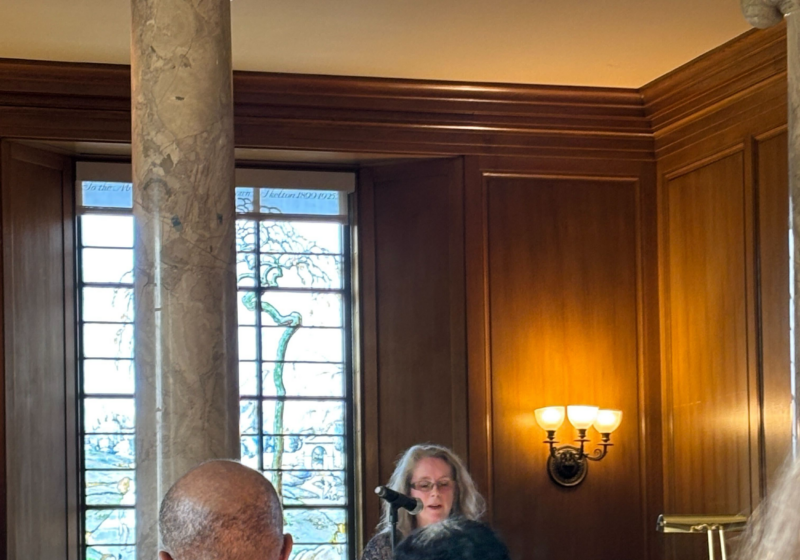Vlad Cazacu, a sophomore majoring in business and psychology, is taking aim at rising textbook costs.
He has partnered with Campus Times Webmaster Luis Nova and Drexel University student Pavel Stan to develop BarterOut, an artificially intelligent, online marketplace for used textbooks. The technical and marketing teams reside at UR, while Stan handles communications and PR at Drexel.
BarterOut seeks to provide a reasonable and affordable way for students to buy and sell textbooks by creating a system that matches students with the books they are looking for.
The cost of purchasing textbooks for one year averages $1,168, according to the College Board. NBC, in an article, said that college textbook prices have risen 1,041 percent since 1977. This has driven students to seek secondhand textbooks in sometimes unreliable, connection-based exchanges.
Cazacu explained that, with the project, once students input their course schedule and the used textbooks they want to sell, the system takes care of the rest. BarterOut finds matches between buyers and sellers in close proximity, which ensures quick delivery time.
The “smart box” delivery method the team plans to implement will be stationed at the Rush Rhees Library and controlled by phone recognition via an app. The seller can simply scan their phone to deposit the textbook in one of the boxes for the buyer to collect, circumventing the delivery middleman. A strike system will ensure reliability and promptness of delivery.
“Nobody is doing this kind of intelligent prediction matching,” Cazacu said. “This technology caters directly to students.”
Cazacu and his co-founders have built the company with minimal capital. In fact, they have spent less than the cost of an average textbook. Cazacu has managed to spend only $25 so far to cover their website domain name and email addresses for the three co-founders.
“It’s a really good way to do entrepreneurship,” Cazacu said.
The team plans to launch a preliminary website (barterout.com) this Friday that will provide information about the startup. It initially had planned to launch the site last Friday but was delayed due to crashes. Once the algorithm is complete, the official website will be up and running for all UR and Drexel students to access. About 200 pre-accounts have been made, and Cazacu expects upward of 600 by May.
After testing the system on individual campuses, Cazacu plans to expand to other schools in the Rochester and Philadelphia area. At that point, he would expect a market of over 5,000 students buying and selling.
“Scaling is very easy with this technology,” Cazacu explained.
All the team needs is partnership from universities that want to be involved; the same system is applicable anywhere.
“It won’t take a lot of time,” Cazacu said.
Cazacu anticipates a preliminary team of 10, but he is hoping to expand. The BarterOut team is working with the University to procure an office space in downtown Rochester, which it expects to be funded by the University, and is offering internships for students interested in getting involved. CS positions would be mainly open to Rochester students during the semester, but anyone will be welcome to apply for the summer.
BarterOut is a “by students, for students” organization, with three objectives: to provide a convenient and affordable textbook exchange service, to offer internship opportunities to students interested in garnering experience in business or computer science, and to assist students who need but cannot afford textbooks. The team is planning to donate 30 percent of their profits as free credit for students from low-income families and expects to fund 150 textbooks for students in need within a year.
“Everything we do is for the students,” Cazacu said.
Editor’s Note (3/7/2018): The BarterOut website, which had been expected to go up this past Friday, has had its official launch delayed a week due to server crashes.





